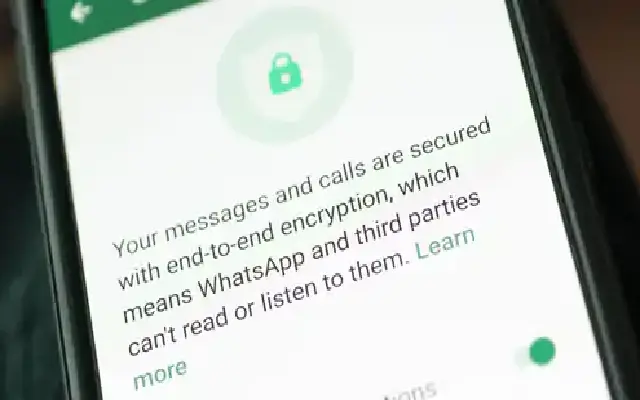WhatsApp, in a hearing before the Delhi High Court, declared its intent to effectively cease operations in India if compelled to compromise message encryption. Representing WhatsApp, Tejas Karia underscored the significance of end-to-end encryption in safeguarding user privacy, emphasizing that breaking encryption protocols would result in the platform’s discontinuation.
Privacy Protection Concerns
Karia emphasized that WhatsApp’s popularity in India, boasting over 400 million users, is largely attributed to its robust privacy features. The platform’s stance on encryption aligns with Meta CEO Mark Zuckerberg’s recognition of India’s pivotal role in global messaging trends.
Legal Challenge Against Regulatory Rules
WhatsApp and Meta are contesting the Information Technology (Intermediary Guidelines and Digital Media Ethics Code) Rules 2021, which mandate chat tracing and message origin identification. The companies argue that these regulations compromise encryption, violating user privacy rights enshrined in the Indian Constitution.
Violation of User Rights
WhatsApp contends that the regulatory rules undermine encryption standards and encroach upon fundamental rights guaranteed under Articles 14, 19, and 21 of the Indian Constitution. Karia highlighted the impracticality of complying with regulations requiring message decryption and traceability, raising concerns about data storage and privacy infringement.
Government’s Defense
Kirtiman Singh, representing the central government, defended the regulations, emphasizing the necessity of tracing message originators in today’s digital landscape. Singh argued for a balance between privacy rights and law enforcement imperatives.
Judicial Review and Future Proceedings
The Delhi High Court scheduled hearings for WhatsApp and Meta’s petitions on August 14, acknowledging the complexity of privacy rights and the need for a balanced approach. While affirming the importance of privacy, the court acknowledged the need to address security concerns in the digital sphere.




